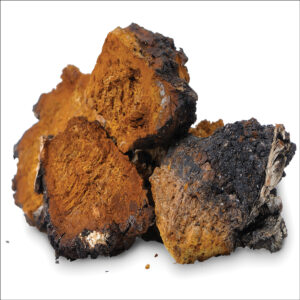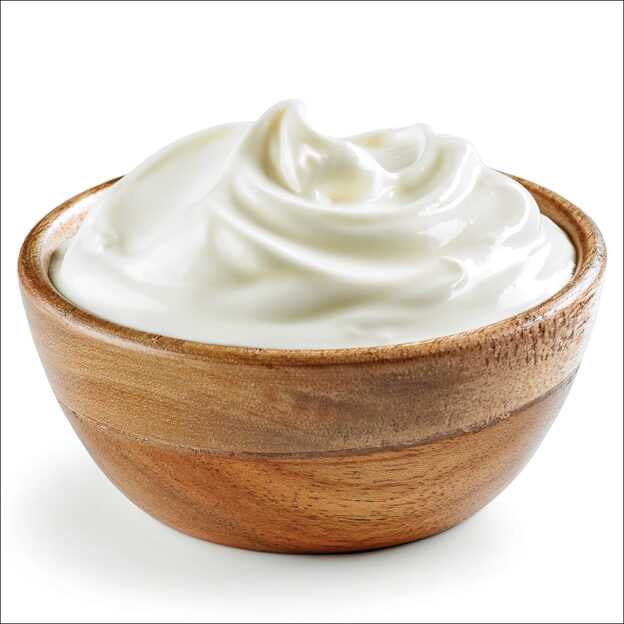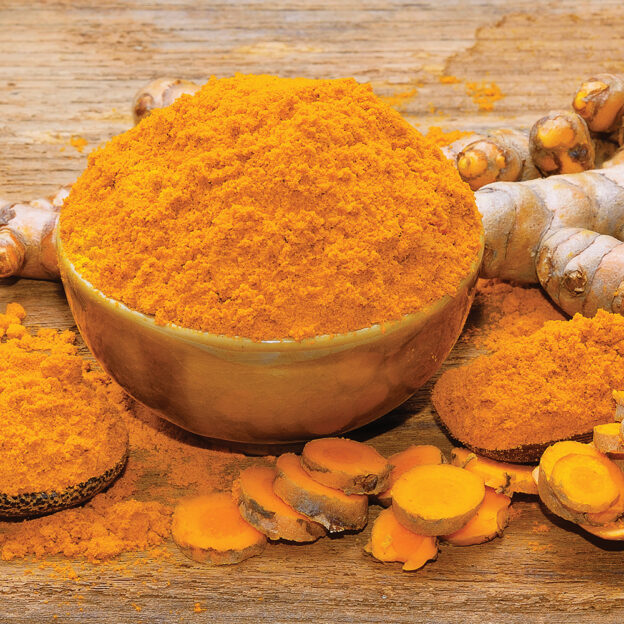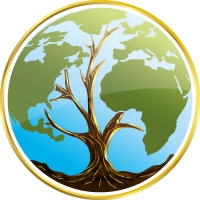By GreenMedInfo Research Group

Chaga mushrooms aren’t the most attractive fungi, and they’re not the tastiest either, but when it comes to medicinal value, they are king. Typically consumed in tea form, chaga (Inonotus obliquus) is a tree parasite that slowly decomposes tree trunks.
Most often found on birch trees, the black-brown fungus typically infects 30- to 50-year-old trees and may grow on their trunks for another 80 years, producing a conk—a growth that resembles rust-colored charcoal. Chaga mushrooms have been valued since antiquity when Hippocrates used chaga infusions to clean wounds.
During the 12th century, aficionados prized chaga for its anti-inflammatory, antiparasitic, and gastrointestinal properties, and for use in treating heart and liver diseases. Later, its anticancer and antitumor effects, which are still being explored today, unfolded.
Top Four Health Benefits of Chaga Mushrooms
Whether or not you’re a fan of mushrooms, you can reap the benefits of this medicinal wonder by adding chaga powder to your tea or coffee, or even by mixing it into a smoothie. Chaga is also available in extract and supplement form.
1. Boost Your Immune System
Polysaccharides in chaga mushrooms have broad biological activity, including anticancer, anti-inflammatory, antiviral, antioxidant, and immunomodulatory effects. Specifically, chaga mushroom may modulate the immune response by helping to regulate the secretion of cytokines in immune cells and antibody production.1
Chaga’s water-soluble polysaccharide ISP2a enhanced the immune response of mice with tumors, white blood cell proliferation, and production of tumor necrosis factor—a powerful anti-inflammatory agent. ISP2a may act as a natural antitumor substance with immunomodulatory activity.2
2. Ward Off Viral Infections
Chaga has powerful antiviral activity and can suppress the infectivity of pandemic influenza virus in mice.3 It’s also effective against multiple feline and human viruses, herpes simplex virus 1, HIV type 1, and hepatitis C.
In one study, at the highest concentration, chaga extract completely stopped, or significantly inhibited, the reproduction of hepatitis C virus. Researchers noted, “The presented studies confirm the antiviral effect of I. obliquus and indicate its potential use in the treatment of diseases associated with viral infections.”4
3. Anticancer Effects
Due to chaga’s antitumor and immunologic effects, many people with cancer use the mushroom as a complementary therapy, and its extract is known to induce autophagy, which is the body’s way of clearing out damaged cells.
Chaga extracts have been found to inhibit proliferation of human gastrointestinal tumor cell lines as well as human breast, lung, colon, myeloid leukemia, and cervical cancer cell lines.
While decreasing tumor cell proliferation and motility, chaga produces no or low toxicity to normal cells. In a study on mice, continuous intake of chaga extract suppressed cancer progression, reducing tumors by 60 percent and, in metastatic mice, reducing nodules by 25 percent compared to the control group.5
In another study exploring the antitumor effects of chaga mushroom and bamboo leaf, study authors suggested that its anticancer effects may be the result of activation of innate immunity.6
4. Help for Diabetes
Chaga polysaccharides have notable antidiabetic effects, with some animal studies showing that they can reduce fasting blood glucose levels, improve glucose tolerance, and ameliorate insulin resistance.7 In one study, chaga extract at a dose of 250 milligrams (mg) per kilogram (kg) of body weight in mice had “obvious antidiabetic effects,” while a dose of 500 mg/kg was “the same as that of [diabetes drug] metformin.”8
Is Chaga Suitable as a Daily Tonic?
There’s some debate over whether chaga mushroom should be used as a daily tonic or reserved for specific health conditions. Anecdotal reports of improved digestion and mental calm have been reported from using chaga and other mushrooms daily, while some herbalists suggest it’s best used as an adjunct therapy when medically necessary.
There’s also concern that this medicinal treasure could be over-harvested, as it only reproduces after the death of the host tree. Harvesting chaga conks prior to this time may threaten its ability to reproduce. In Alaska, a lax limit of 10,000 pounds of chaga and other conks per person per year exists, but it’s not strictly implemented.
That said, The Global Fungal Red List classifies chaga as a fungus of “least concern,” meaning it’s still abundant in many areas with no evidence of decline.9
—
Well Being Journal adapted this article from the previously published original at greenmedinfo.com titled “King Chaga: The Birch Tree Fungus That Boosts Your Immune System,” October 19, 2021.
References available at the following web address:
https://greenmedinfo.com/blog/king-chaga-birch-tree-fungus-boosts-your-immune-system





